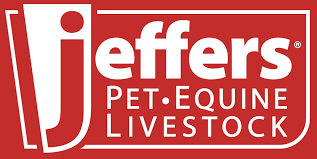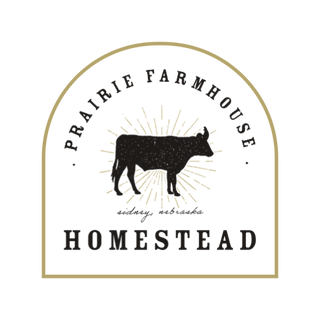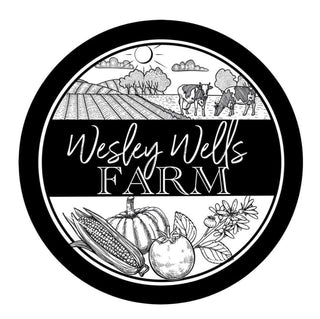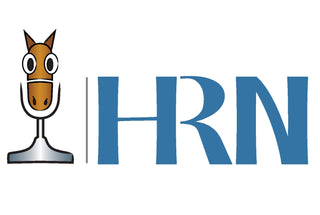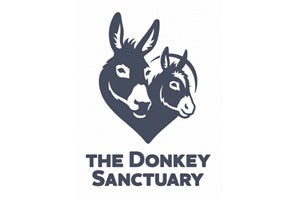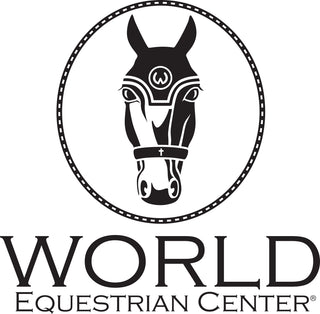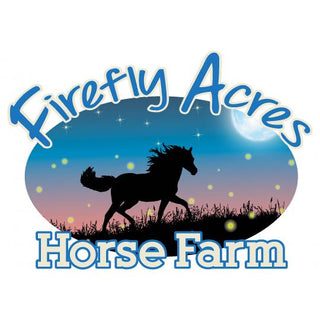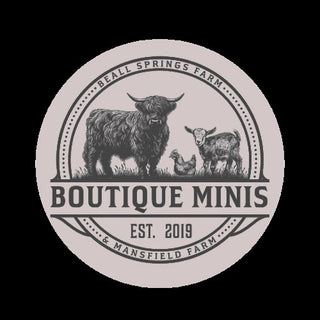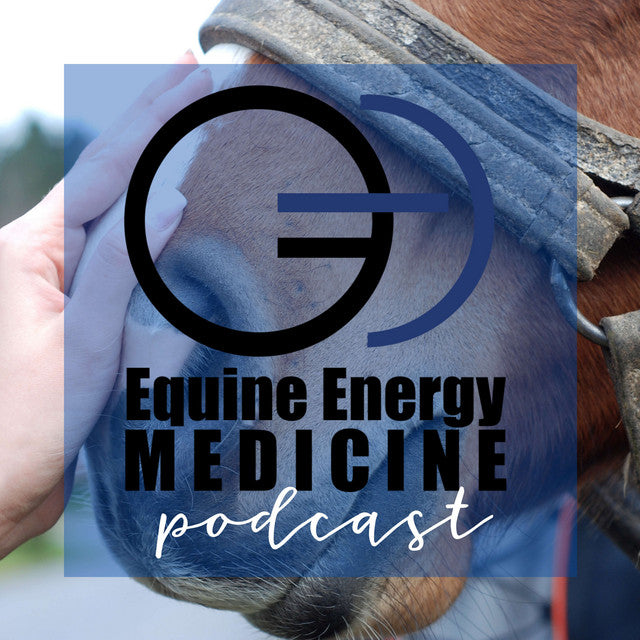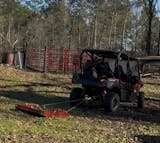A barn stays clean, safe, and manageable when you follow a simple routine: daily basics (feed, water, stalls), weekly resets (tack, sweeping, inventory), monthly maintenance (fences, paddocks, deep cleaning), and seasonal prep (weather + pests). A checklist helps you stay consistent—even when life gets busy.
Key Takeaways
-
A barn chore checklist helps prevent missed tasks that can lead to health issues, mess, and safety risks.
-
Daily chores should focus on feeding, water, stall cleaning, and quick wellness checks.
-
Weekly chores keep your barn functional: tack care, sweeping, and feed inventory.
-
Monthly tasks like deep cleaning, fence checks, and paddock upkeep reduce long-term problems.
-
Seasonal prep (winter, mud, pests) helps your barn run smoother during weather changes.
Are you struggling to keep your barn clean and well-organized? Maintaining a barn can be overwhelming, as most of us know, but with a well-structured checklist, you can make sure every chore gets done in a relatively timely manner. We’ve put together a guide for you, complete with a barn chores checklist that you can change to work with your schedule! Who knows, it might just keep you on track!
If not, oh well, we can’t say we didn’t try!
Comprehensive Barn Chores Checklist
|
Time |
Chores |
|
Daily Barn Chores |
Feeding, Watering, Cleaning Stalls, Quick Sweep, Surface Wipe Downs, Clear Aisles, Animal Wellness Checks |
|
Weekly Barn Chores |
Tack and Equipment Maintenance, Thorough Barn Sweep, Hay and Grain Inventory |
|
Monthly Barn Chores |
Stripping Stalls, Paddock Maintenance, Fence Inspection |
|
Seasonal Barn Chores |
Preparing for Winter, Spring Cleaning, Summer Pest Control, Fall Preparations |
|
Special Tasks |
Manure Management, Health/Vet Checks for Animals, Record Keeping |
|
Paddock Cleaning and Maintenance |
Regular Debris Removal, Paddock Resurfacing, Grass and Weed Control |
|
Feeding the Animals |
Ensuring Balanced Diets, Adjusting Feed as Needed |
|
Watering the Animals |
Checking Water Supply, Cleaning Water Troughs |
|
Cleaning Stalls |
Daily Stall Mucking, Bedding Replacement |
|
Tack and Equipment Maintenance |
Cleaning and Oiling Tack, Repairing Equipment |
|
Thorough Barn Sweep |
Removing Cobwebs, Sweeping Aisles |
|
Hay and Grain Inventory |
Monitoring Supplies, Ordering as Needed |
|
Deep Cleaning Stalls |
Disinfecting Stalls, Replacing Bedding |
|
Fence Inspection |
Checking for Damage, Repairing Fences |
|
Preparing for Winter |
Insulating Barn, Stocking up on Supplies |
|
Spring Cleaning |
Washing Windows, Decluttering Storage Areas |
|
Summer Pest Control |
Implementing Pest Management Strategies, Repairing Screens |
|
Fall Preparations |
Raking Leaves, Preparing for Muddy Conditions |
|
Manure Management |
Total Removal, Composting Manure, Spreading Manure on Fields |
|
Health Checks for Animals |
Regular Vet Visits, Monitoring for Illness |
|
Record Keeping |
Maintaining Health Records, Tracking Supplies |
See? That’s not so bad…
Just kidding. It’s a lot. Thankfully you don’t have to do it all at once. Now, let’s break it down!
Daily Barn Chores

Feeding the Animals
A well-fed horse is (usually) a happy horse! Making sure that your horses, and the other animals on your property, receive a balanced diet is crucial to their well-being. Check feed levels daily, adjust quantities based on each animal’s needs, and monitor for any changes in eating behavior.
Watering the Animals
Fresh water is a must. Horses colic when the wind changes - let’s not give them more reason to by supplying stagnant water! Refill water troughs daily and clean them regularly to prevent algae and bacteria build-up.
Cleaning Stalls
Daily stall cleaning prevents odor buildup and provides a comfortable environment for your animals. Remove manure and soiled bedding - and replace it with fresh!
Weekly Barn Chores
Tack and Equipment Maintenance
Regularly clean and oil your tack to extend its lifespan. Check for any necessary repairs to avoid accidents, and make sure your tack room is dry.
Thorough Barn Sweep
A weekly sweep helps maintain a tidy barn. Remove cobwebs, sweep aisles, and ensure all areas are free of debris.
Hay and Grain Inventory
Keep track of your feed supplies to avoid running out. Monitor your inventory and order new supplies as needed.
Monthly Barn Chores
Deep Cleaning Stalls
Disinfect stalls monthly to reduce disease risk. Replace bedding and ensure all areas are thoroughly cleaned. Most of us know this as “stripping” a stall. If you have a particularly messy horse, you might have to strip it more often.
Paddock Maintenance
Regular paddock maintenance is essential. Use your tractor and a Paddock Blade to easily remove debris. You’ll also want to resurface areas as needed, and have a firm grasp/control on the weed population.
Fence Inspection
Inspect fences for damage monthly. Repair any broken sections to avoid injury or escape.
Seasonal Barn Chores

Preparing Your Barn for Winter
Insulate your barn to protect animals from cold weather. If you have a loft, hay is a fantastic way to add an extra layer of insulation. Stock up on necessary supplies to last through winter.
Spring Cleaning Your Barn
Spring is a great time to deep clean your barn. Wash windows, declutter storage areas, and prepare for the upcoming busy season.
Summer Pest Control
Implement pest control strategies to keep your barn pest-free. Repair screens and use natural pest deterrents.
Fall Preparations
Prepare your barn and your horses for muddy conditions in fall. Rake leaves and ensure proper drainage around the barn, and don’t leave your equine friends hanging out in the mud for too long. This will lead to fungal infections like Scratches and hoof issues.
Special Tasks
Manure Management
Proper manure management is crucial. You can compost manure and use it to fertilize fields. Consider using a horse manure collection system to simplify removal and make composting or disposal easier.
Health Checks for Animals
Regular vet visits and monitoring for illness keep your animals healthy. Maintain accurate health records for each animal - and when in doubt, call your vet!
Record Keeping
Keep detailed records of all barn activities, supplies, and animal health. This helps in efficient management and planning. You’ll always know what’s going on, and if you have employees, you’ll all be on the same page.
Paddock Cleaning and Maintenance

Regular Debris Removal
Regularly remove debris from paddocks to ensure a safe environment for your animals. This includes fallen branches, trash, and other hazards, which the Paddock Blade manure collector can pick up effortlessly - along with the poo!
Paddock Resurfacing
Periodically resurface paddocks to maintain good footing. This prevents injuries and adds some comfort for your pasture pets.
Grass and Weed Control
Control grass and weeds in paddocks to provide a healthy grazing area. Regular mowing and weed removal are essential.
Frequently Asked Questions:
1. Why is daily stall cleaning important?
Daily stall cleaning reduces odor and keeps horses comfortable while lowering the risk of disease and hoof issues.
2. How often should I check my fences?
Monthly inspections are a good baseline, and you should repair issues immediately to prevent injuries or escapes.
3. What should I include in spring cleaning?
Spring cleaning can include washing windows, decluttering storage areas, and cleaning buckets, brushes, and walls.
4. How can I manage manure effectively?
Composting, removal, and routine paddock cleaning all help. The key is consistency so manure doesn’t pile up and create bigger problems.
5. Why is paddock maintenance essential?
Paddock maintenance helps prevent injuries, supports hoof health, improves turnout comfort, and keeps grazing areas healthier.
Keep On Top of Those Barn Chores!
Maintaining a barn requires diligence and organization. With this comprehensive barn chores checklist, you can run a clean, efficient, and healthy environment for your animals and guests.
Happy cleaning - and let us know if we missed anything!
TL;DR
Barn chores are a lot, but they’re easier when broken into daily, weekly, monthly, and seasonal routines. This checklist covers the essentials: feed, water, stalls, tack care, paddock cleanup, fences, manure management, and seasonal prep—so your barn stays clean, safe, and organized.








